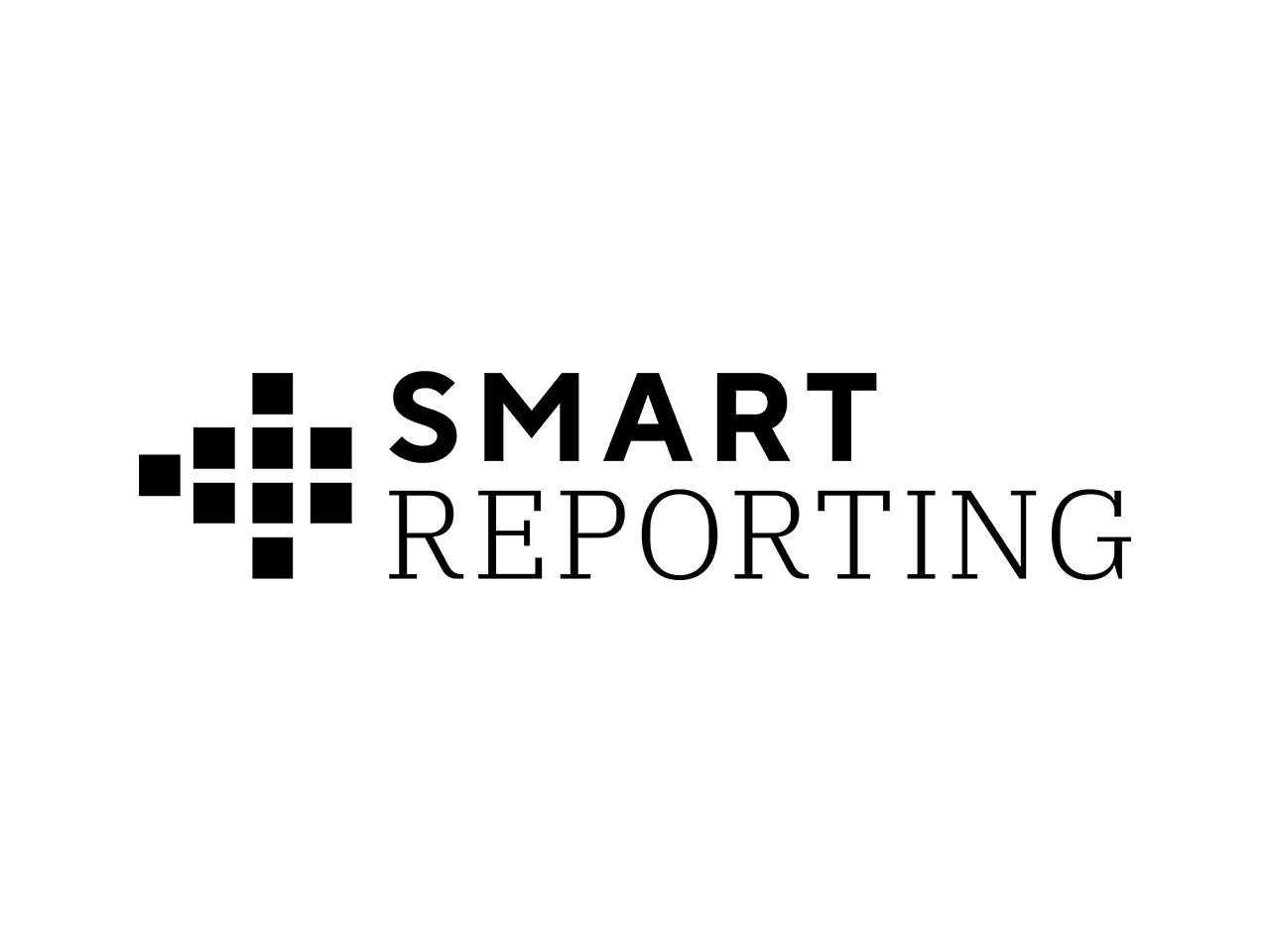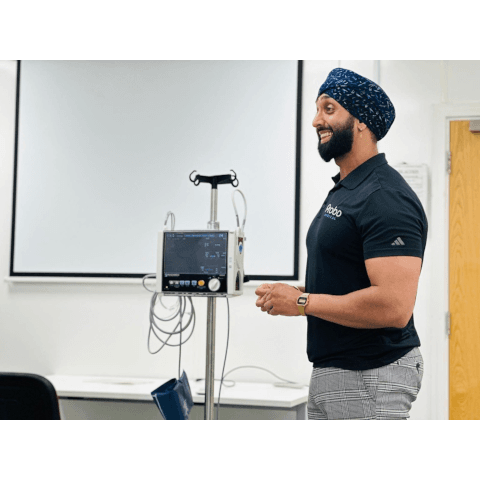The real key to unlock AI’s potential in radiology excellence
Artificial Intelligence (AI) is redefining radiology, not just by automating routine processes but by enabling deeper clinical insights. It holds the power to detect anomalies earlier, reduce interpretation errors, and optimise workflow efficiency.
From our experience at Rosenfield Health, we believe that for AI to fulfil this promise, two critical challenges must be addressed: access to high quality, large anonymised datasets for model training and the seamless orchestration of AI applications within PACS workflows. These challenges—data accessibility and system integration—are critical to unlocking AI’s capacity to not only streamline processes but also redefine how radiologists prioritise, analyse, and deliver patient care.
Bulk data anonymisation is the catalyst for training AI
AI applications require vast amounts of high-quality data to improve diagnostic precision. For models to effectively detect subtle anomalies or rare conditions, they must learn from comprehensive imaging data while adhering to strict patient privacy regulations.
This raises the need for a robust DICOM anonymisation tool capable of efficiently processing large volumes of imaging data. By enabling healthcare institutions to anonymise images in bulk, the availability of ethically sourced datasets for AI training increases, accelerating innovation while ensuring pixel data are securely de-identified.
That’s why we developed PRIX, a bulk anonymiser tool that acts as a catalyst for AI-driven advancements in radiology.
External forces driving AI adoption
Beyond data preparation, another key factor in AI adoption is how well it integrates into existing workflows.
We have evidence that radiology departments are navigating increasing imaging volumes, workforce shortages, and the need for faster, more precise reporting. AI can assist, but its effectiveness depends on intelligent orchestration—ensuring the right studies are processed by the right AI tools at the right time.
This is where AI orchestration platforms, like our PAIP, become essential. By intelligently routing cases based on modality, urgency, or clinical priority, these solutions ensure that AI augments radiologists rather than overwhelming them with inefficiencies. Moreover, built-in anonymisation profiles ensure compliance with regulations like GDPR and HIPAA, balancing innovation with patient safety.
A collaborative approach to radiology’s future
That being said, the future of radiology doesn’t rely solely on AI and automation. It’s about understanding and addressing the real-world challenges faced by radiologists and PACS managers.
We encourage collaboration with radiology departments to identify their critical needs and develop solutions that drive meaningful advancements in radiology. By working together, we can ensure that AI enhances efficiency without losing sight of usability and patient care.
Join the discussion at UKIO 2025
To explore how bulk anonymisation and orchestration tools are shaping the future of radiology, visit Rosenfield Health at UKIO 2025 (Stand A4/5) for live demos and further discussions on integrating these solutions into radiology workflows.
The content on this page is provided by the individuals concerned and does not represent the views or opinions of RAD Magazine.


